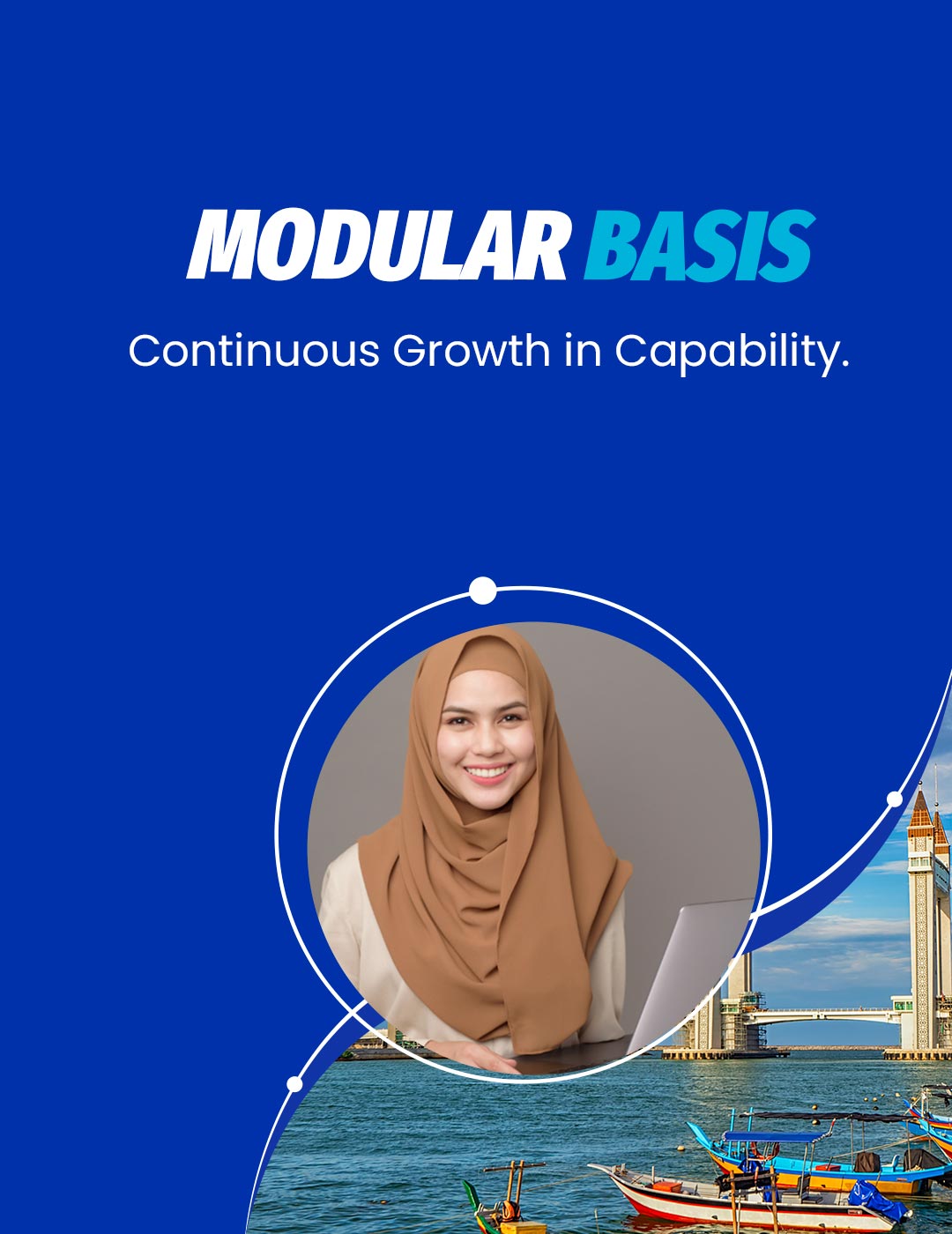

MODULE 1
IMPLEMENTING SMART CITY STRATEGIES: A POLICY AND STANDARDS GUIDE
- Definition and Scope of Smart City Policies and Standards.
- Importance of a Robust Policy Framework.
- Overview of Existing Global and Regional Standards.
- Formulating Smart City Objectives and Goals
- Legal and Regulatory Considerations in Policy Development
- Understanding Smart City Standards.
- Importance of Interoperability in Smart City Solutions.
- Adoption of Global and Local Standards.
- Developing an Interoperability Framework.
- Definition and Scope of Smart City Policies and Standards.
- Importance of a Robust Policy Framework.
- Overview of Existing Global and Regional Standards.
- Anticipating Future Trends in Smart City Policies
- Adapting Policies to Technological Advances
- Integrating Emerging Technologies into Policy Frameworks
- Analyzing Successful Smart City Policy Implementations.
- Learning from Challenges and Failures.
- Extracting Best Practices for Policy Design and Implementation.
- Lessons for Continuous Improvement in Smart City Policies.
MODULE 2
BUILDING THE CITIES OF TOMORROW: TECHNOLOGIES, LESSONS AND FUTURE VISIONS
- Introduction to the principles and practices of smart city planning.
- Integration of advanced technologies for sustainable and efficient urban development.
- In-depth analysis of foundational technologies influencing urban landscapes.
- Exploration of the role of IoT, AI, blockchain, and other emerging technologies in shaping the cities of tomorrow.
- Examination of sustainable infrastructure projects globally.
- Implementation of green building practices, renewable energy solutions, and environmentally conscious urban design.
- Visionary insights into the future of smart and sustainable transportation.
- Case studies showcasing innovative mobility solutions, including electric vehicles, autonomous transportation, and urban air mobility.
- Strategies for creating cities that are resilient to climate change.
- Learning from cities that have effectively adapted and recovered from environmental challenges.
- Exploration of data analytics and its role in smart governance.
- Case studies demonstrating how cities leverage data for informed decision-making and citizen engagement.
MODULE 3
THE ESSENTIALS OF DATA POLICIES FOR SMART CITIES
- Grasp the concept of CDP.
- Understand the role of CDP in smart city development.
- Recognize the stakeholders involved in CDP.
- Identify the drivers for adopting a CDP.
- Recognize the challenges and opportunities in data-driven urban governance.
- Identify and understand various components like data categorization, classification, and security.
- Learn about SOPs for data collection, processing, and publishing.
- Understand the processes involved in implementing CDP.
- Learn about governance structures and accountability mechanisms.
MODULE 4
THE ESTABLISHMENT OF INTERNAL DATA GOVERNANCE
- Overview of data governance concepts, principles, and its importance in the Smart City context.
- Exploration of various data governance models and their applicability to Smart Cities.
- Discussion on laws, regulations, and policies impacting data governance in urban areas.
- Comprehensive look at the data lifecycle from collection to disposal, focusing on data quality and integrity.
- Analysis of data security measures, privacy concerns, and risk management in Smart City infrastructures.
- Guidance on creating and enforcing data protection policies within a Smart City framework.
- Examining ethical considerations in data collection, processing, and usage.
- Utilizing data analytics and intelligence for informed decision-making in urban development.
- Analysing real-world examples of successful data governance in Smart Cities.
MODULE 5
THE ESTABLISHMENT OF EXTERNAL OPEN DATA POLICY
- Comprehend the importance and goals of open data in government transparency.
- Recognize key terms and principles related to open data.
- Identify legal requirements affecting open data publication.
- Understand the alignment of open data practices with existing policies.
- Master techniques for identifying datasets suitable for open data.
- Understand the process of classifying data sensitivity.
- Learn about dataset publication processes and documentation standards.
- Understand the review process and requirements for derivative datasets.
- Learn about dataset update schedules and data integrity.
- Understand the process of modifying and archiving outdated datasets.
- Learn about preferred data formats and identifiers.
- Understand the alignment with national and international data standards.
